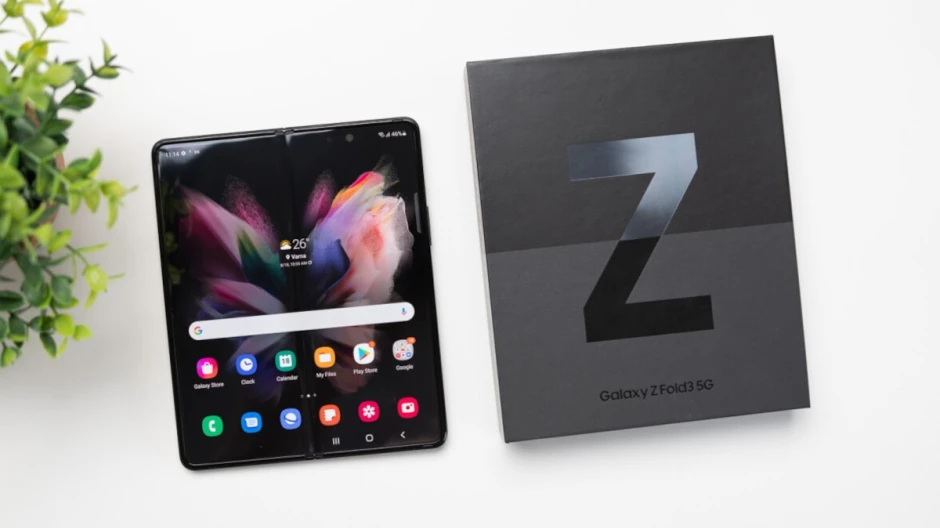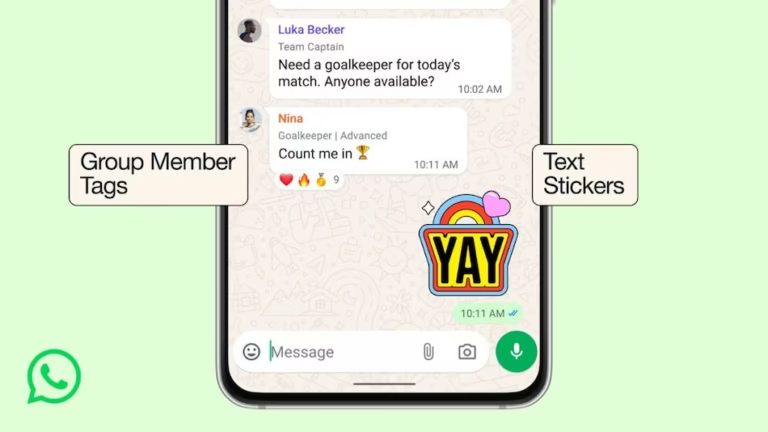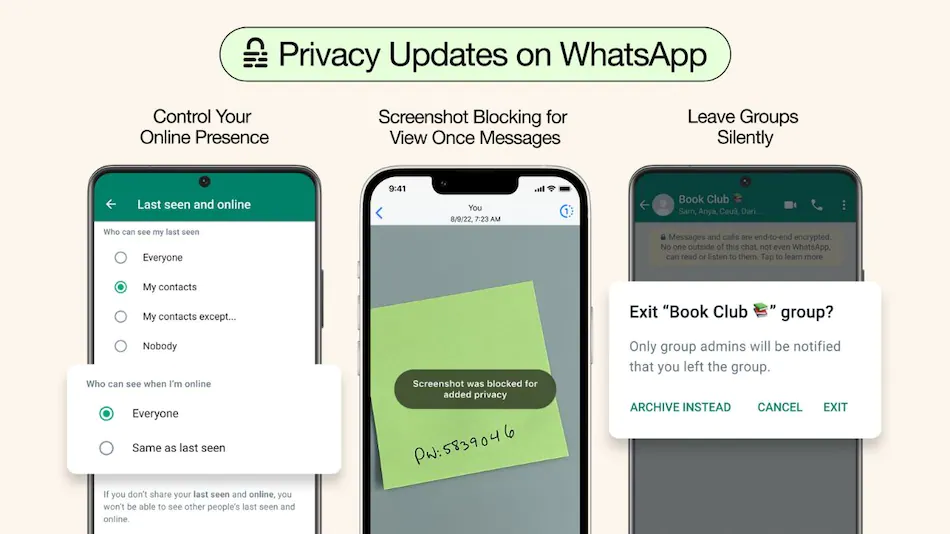Latest Beta of WhatsApp Has Animated Emojis in Development

A new feature that will enable users to send animated emoji is apparently being developed for WhatsApp, the instant messaging service owned by Meta.
The popular messaging service’s most recent desktop beta includes the feature under development. On messaging apps like Telegram and Slack, animated emoji are presently enabled and provide a richer communication experience. According to a feature tracker, WhatsApp is also planning on including the same feature in a future update of WhatsApp beta for iOS and Android. In addition to stickers and GIFs, the app now allows users to send basic, static emoji.
New animated emoji will soon be supported by the service, according to a report from WhatsApp feature tracker WABetaInfo.
According to rumors, these were produced using animations from the Lottie library. According to WABetaInfo, the new animated emoji will be delivered by default once it is released. These animations are also compact and scalable without sacrificing quality.
The feature, which is still under development, was discovered in a WhatsApp Desktop beta. There is no information on when (or whether) the feature will eventually be launched, and users on the beta channel are unable to use these animated emoji at the moment because it is still in development. According to the feature tracker, WhatsApp beta for iOS and Android will receive the same feature in a future version.
Last month, WhatsApp updated some Android beta testers to include support for Unicode 15.0 emoji. It has updated the official WhatsApp keyboard with 21 new emoji. Downloading WhatsApp beta for Android 2.23.5.13 or later versions from the Google Play store will provide users access to the emojis.
In the meantime, WhatsApp just disclosed the availability of three new security measures for both iOS and Android users. In order to make the software safer for users, “Account Protect,” “Device Verification,” and “automatic security codes” are allegedly used. According to the messaging service owned by Meta, “Device Verification” will stop users from installing malware, but “Account Protect” will warn users if they attempt to move an account from an old to a new device.







